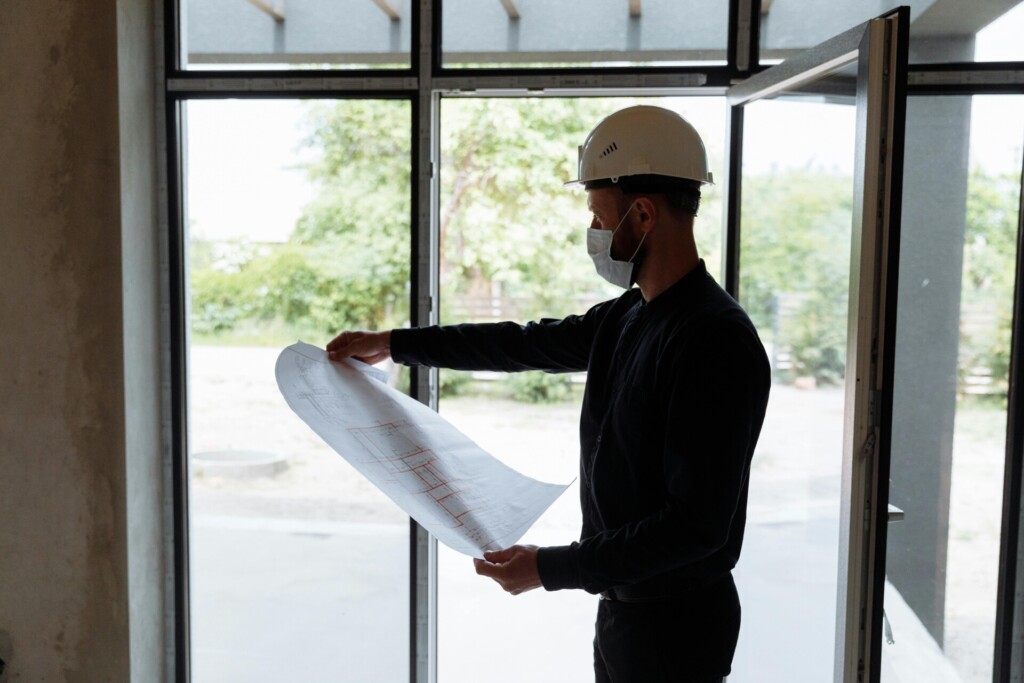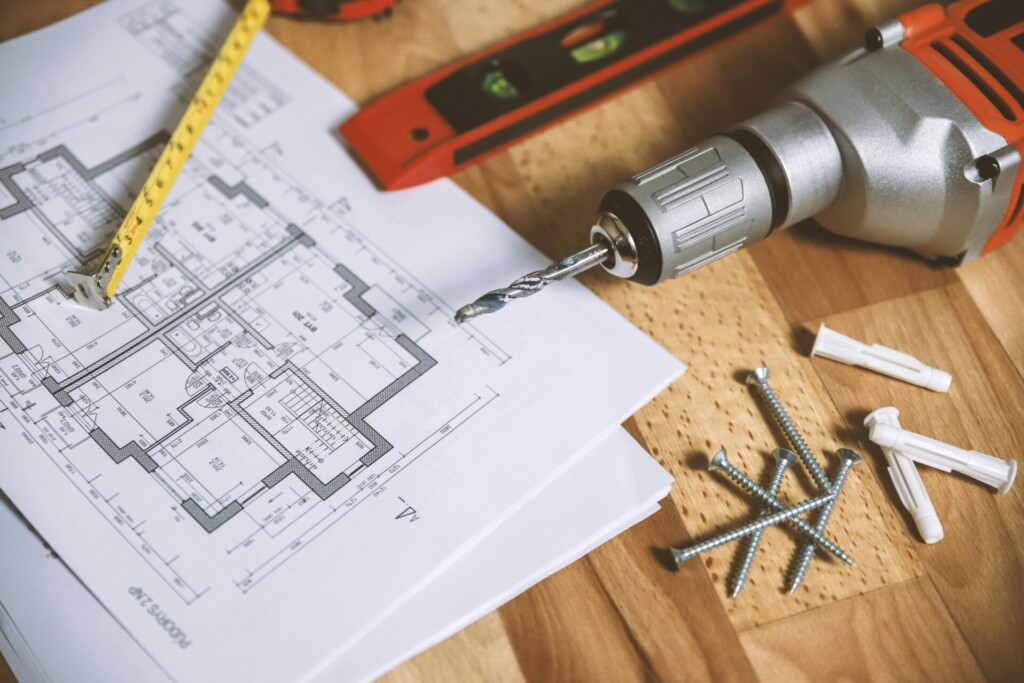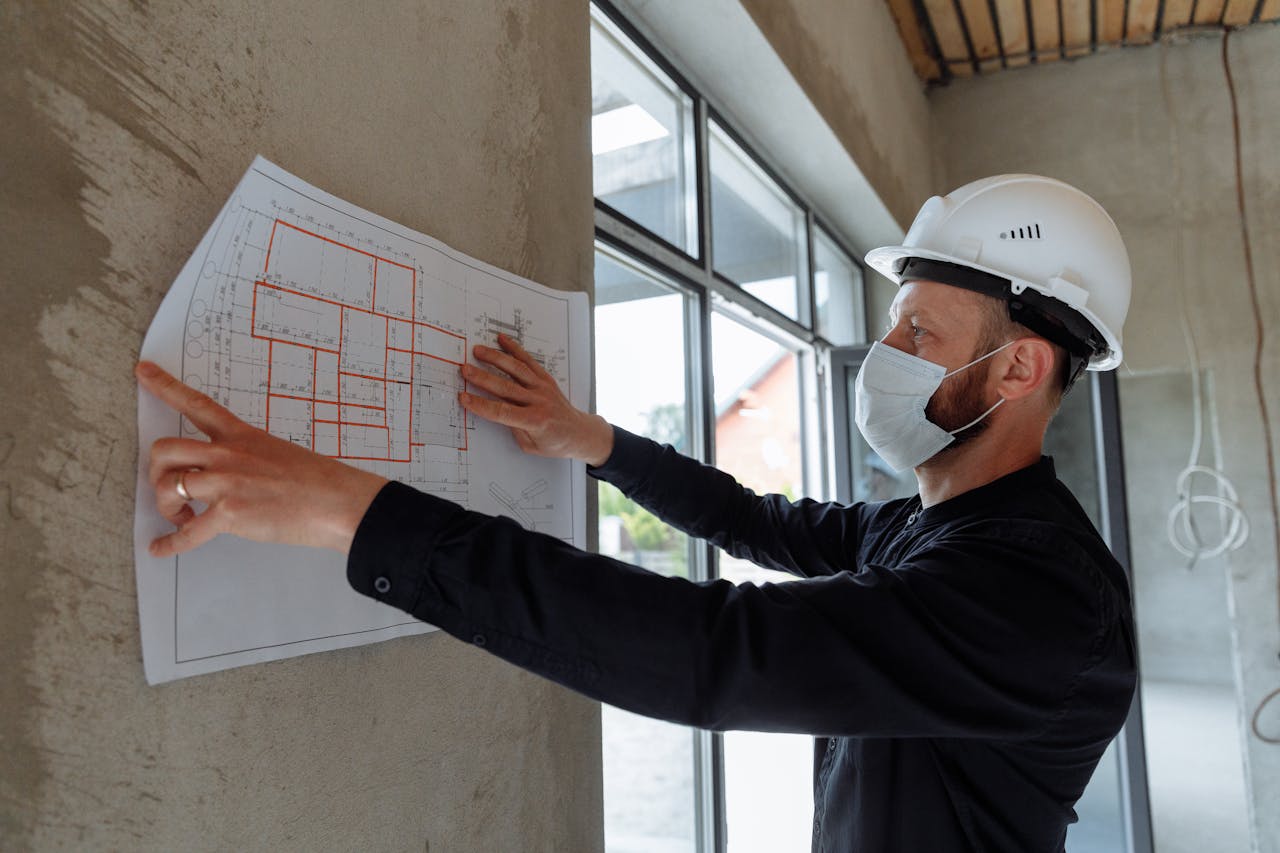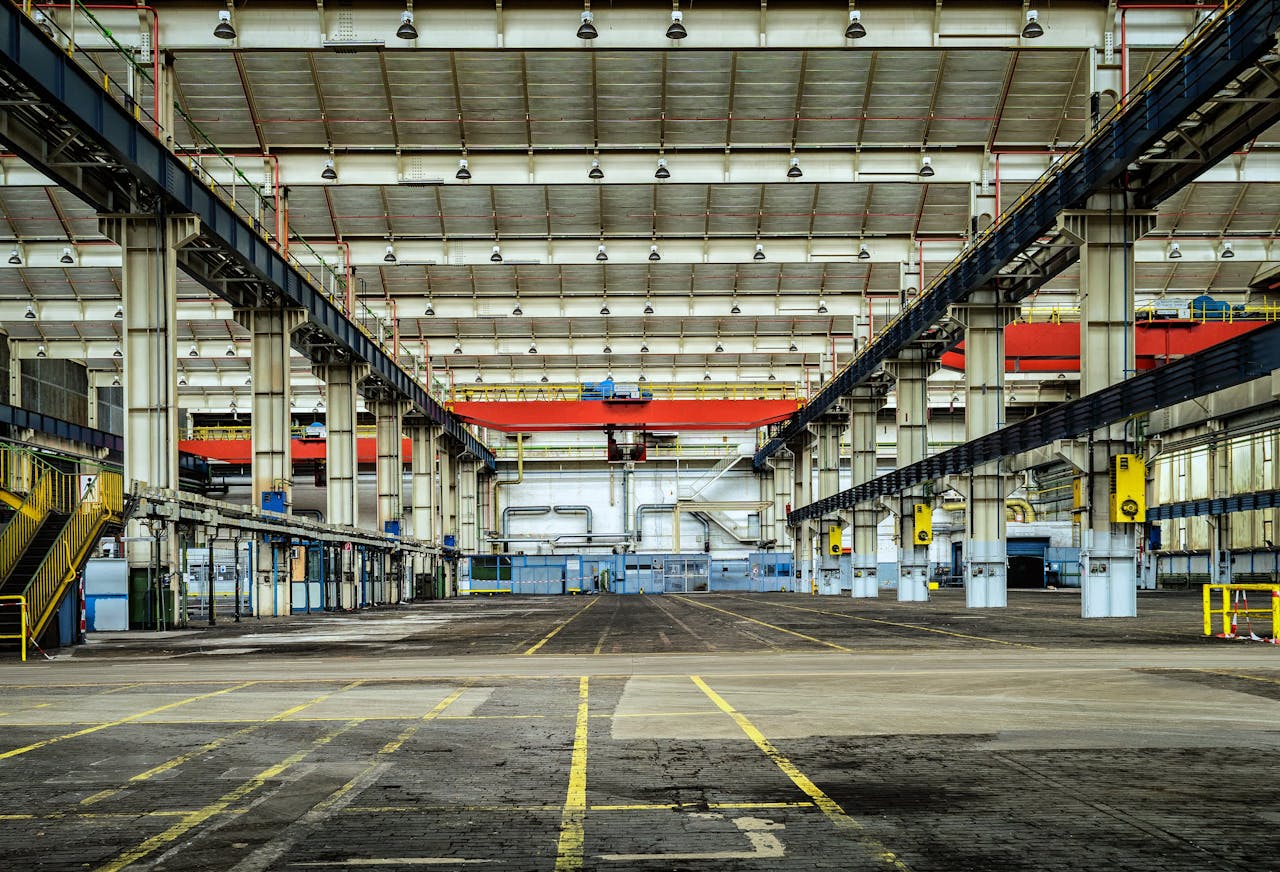The global construction market represents $10.4 trillion in economic activity, yet when stakeholders search for best commercial construction companies, they seek something specific: firms capable of delivering complex projects within the critical constraints of schedule, budget, and safety. We encounter this demand daily as property owners and developers navigate an industry with 3.7 million U.S. construction businesses competing for their attention.
These companies build the infrastructure that defines modern communities. From airports and stadiums to healthcare facilities and office complexes, commercial contractors shape skylines while supporting millions of jobs across the workforce. The sector continues expanding toward an expected $16.1 trillion by 2030, driven by sustained construction spending and the ongoing need for sophisticated commercial assets.
What Defines A Top Commercial Construction Company?

Top commercial construction companies demonstrate their capabilities across three distinct project scales. Small-scale projects typically involve interior refresh and rebranding work within existing office buildings or retail centers. These assignments focus on updating finishes, layouts, and systems without major structural changes.
Medium-scale construction encompasses expansions and major remodels that require significant coordination. We approach these projects by integrating new construction with existing structures while maintaining operational continuity. Manufacturing plants and retail centers often fall into this category when adding production capacity or updating customer-facing areas.
Large-scale developments represent the most complex tier, including ground-up high-rise construction, warehouse facilities, and multi-building campuses. These projects demand comprehensive program management and coordination across multiple specialty trades. The complexity requires teams that can handle everything from foundation systems to advanced building envelope work.
Core Qualities That Set Leading Firms Apart
Client-driven design serves as the foundation for successful commercial construction companies. We prioritize understanding each owner’s operational requirements, aesthetic preferences, and long-term facility goals before developing construction approaches. This process ensures that design decisions support the client’s business objectives rather than following generic solutions.
Precise cost planning requires detailed knowledge of current material pricing, labor markets, and regional construction conditions. Leading firms maintain relationships with suppliers and subcontractors that provide reliable pricing data throughout the estimating process. We track costs against budgets in real-time to prevent overruns and communicate any necessary adjustments immediately.
Clear schedules reflect our understanding of trade sequencing, material delivery timelines, and permit processing requirements. We build realistic timelines that account for weather delays, inspection schedules, and coordination between multiple subcontractors on site. Schedule adherence depends on proactive communication and contingency planning.
Safety And Coordination Excellence
Safety oversight extends beyond basic compliance to create jobsite cultures that prioritize worker protection. We implement comprehensive safety training programs, conduct regular site inspections, and maintain detailed incident reporting systems. Strong safety records demonstrate our commitment to protecting both workers and project stakeholders.
Subcontractor coordination requires clear communication protocols and defined responsibility matrices. We establish regular coordination meetings, shared project schedules, and standardized reporting procedures that keep all trades aligned. Effective coordination prevents conflicts between trades and maintains project momentum.
Success ultimately depends on communication systems that keep client goals at the center of all decision-making. We provide regular progress updates, transparent problem-solving processes, and clear escalation procedures when issues arise. This approach ensures that clients remain informed and engaged throughout the construction process.
Which Services Do The Best Commercial Construction Companies Offer End To End?
Leading commercial construction companies manage the entire project lifecycle through six core service categories. We coordinate every phase from initial design through long-term maintenance to deliver complete solutions for our clients.
The most comprehensive firms structure their services around the full construction continuum. This approach ensures continuity, accountability, and seamless transitions between project phases while maintaining quality standards throughout.
Design And Planning Services
We start every project with thorough planning and design coordination. This phase includes creating detailed blueprints that translate client visions into buildable specifications.
Cost planning and estimating form the financial backbone of successful projects. Our teams develop precise budgets that account for materials, labor, equipment, and contingencies while maintaining competitive pricing.
Project scheduling ties everything together through realistic timelines. We map out dependencies, coordinate trade sequences, and build in appropriate buffer time to handle unexpected challenges without derailing completion dates.
Project Management Capabilities
On-site management keeps construction moving efficiently and safely. Our project managers maintain daily oversight of work progress, quality standards, and safety protocols while adapting to changing conditions.
Subcontractor coordination requires careful scheduling and performance monitoring. We manage multiple trades simultaneously, ensuring each specialist completes their work at the right time and to specification.
Safety compliance forms a non-negotiable foundation for all activities. We implement comprehensive safety programs, conduct regular training, and maintain documentation that exceeds regulatory requirements.
Construction Execution
New builds represent ground-up construction where we control every aspect from sitework through final finishes. These projects showcase our ability to manage complex logistics and coordinate numerous trades effectively.
Renovations require specialized skills to work within existing structures while minimizing disruption. We handle everything from simple refreshes to major overhauls that completely transform buildings.
Demolition services clear the way for new construction or major modifications. Our teams execute controlled removals that protect surrounding structures and meet environmental regulations.
Specialized Services
Interior fit-outs transform raw spaces into functional environments tailored to specific business needs. We coordinate everything from partition walls and HVAC systems to lighting and technology infrastructure.
Infrastructure development includes roads, utilities, and foundations that support main structures. These critical systems require specialized expertise in excavation, concrete work, and utility coordination.
HVAC, electrical, and plumbing systems integrate seamlessly through our in-house capabilities or trusted subcontractor networks. We ensure all building systems work together efficiently and meet current codes.
Post-Construction Services
Quality control inspections verify that completed work meets specifications and building codes. We conduct systematic reviews and address any deficiencies before final handover.
Maintenance services extend building lifecycles through preventive care and prompt repairs. Our teams understand the systems we install and can service them effectively over time.
Warranty support provides peace of mind through guaranteed performance periods. We respond quickly to any issues that arise and stand behind our workmanship.
Support Services
Permit acquisition navigates regulatory requirements that vary by location and project type. We handle applications, coordinate inspections, and ensure compliance with local building codes.
Material and equipment sourcing leverages our vendor relationships to secure quality products at competitive prices. We coordinate deliveries, manage inventory, and ensure materials arrive when needed.
These comprehensive services eliminate gaps that can derail projects or create liability issues. When you work with firms that control the entire process, you get better coordination, clearer accountability, and more predictable outcomes.
How Are “Best” Companies Measured In Rankings And Performance?

Industry publications often highlight revenue figures as benchmarks for contractor capacity, but these rankings don’t necessarily reflect the qualities owners should prioritize when selecting a builder.
At EB3 Construction, our focus is less on national revenue standings and more on what matters to Texas developers: delivering projects on time, within budget, and with the technical precision required for complex commercial builds. Our track record demonstrates consistent execution across ground-up developments, remodels, and specialized facilities without sacrificing safety or quality.
Market rankings also reflect specialization trends that signal industry evolution. Energy-infrastructure specialists broke into top-tier positions, driven by massive utility-scale projects and grid modernization work. Stadium builders gained prominence through high-profile NFL facilities and major sports complexes that demand specialized engineering and tight construction schedules.
Project portfolios reveal the complexity these firms routinely handle. Airport terminals require coordination across multiple trades, strict security protocols, and phased construction to maintain operations. Healthcare campuses demand specialized systems knowledge for surgical suites, imaging centers, and laboratory environments. Data centers represent one of the fastest-growing sectors, with contractors managing power-intensive mechanical systems and mission-critical reliability standards.
These revenue figures and project types indicate sustained market demand across commercial sectors. The scale of work—from billion-dollar infrastructure programs to specialized facilities—demonstrates the delivery capacity that separates top performers from regional contractors.
What Do High-Performing Firms Have In Common—And How Can Owners Evaluate Them?
High-performing commercial construction companies consistently demonstrate specific characteristics that separate them from competitors. Strong branding and digital presence signal established market credibility. Geographic and sector diversification protect against regional downturns and market fluctuations.
Data-driven, competitive bidding processes allow these firms to price projects accurately while maintaining profit margins. We see this approach in how leading contractors analyze historical costs, labor productivity rates, and material pricing trends to submit competitive proposals that still protect their bottom line.
Disciplined project management systems form the backbone of successful operations. These companies track critical path schedules, monitor budget variances, and maintain clear communication channels between field teams and management. Quality control measures extend beyond basic inspections to include systematic documentation and continuous improvement protocols.
Digital asset management has become essential for organizing project images, collateral, and documentation. Modern firms use these systems to streamline workflows and keep teams aligned across multiple job sites. This technology integration helps coordinate subcontractors and maintains project momentum.
Property owners can apply practical evaluation criteria when assessing potential contractors. Start with scope alignment to ensure the firm matches your project type, whether new construction or renovation work. Review their safety records and quality processes through documentation and references.
Examine schedule and cost control systems by asking for examples of how they track project milestones and budget performance. Evaluate their subcontractor management approach, including how they vet, coordinate, and oversee trade partners. Finally, request evidence of similar completed work that demonstrates relevant experience and successful outcomes.
Conclusion And Next Steps

The best commercial construction companies consistently deliver complex projects through comprehensive service offerings and proven execution capabilities. Our research reveals that successful firms combine full-lifecycle services with strong project delivery records, supported by robust safety protocols and quality management systems. Market growth projections and increasing project complexity underscore the importance of selecting partners with demonstrated expertise across multiple commercial sectors.
Property owners and developers should apply the evaluation framework outlined above when shortlisting potential contractors. Verify that candidates have relevant portfolio experience matching your project scope, whether new construction or major renovation. Request detailed documentation of their cost control processes, schedule management systems, and safety protocols. Most importantly, examine evidence of similar completed projects to assess their capability to handle your specific requirements. Contact EB3 Construction to discuss how our proven project delivery approach can support your commercial construction goals.




